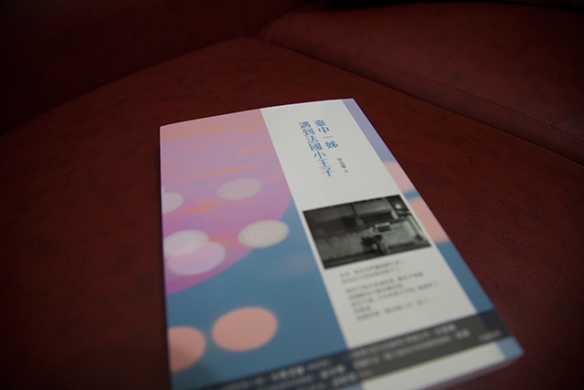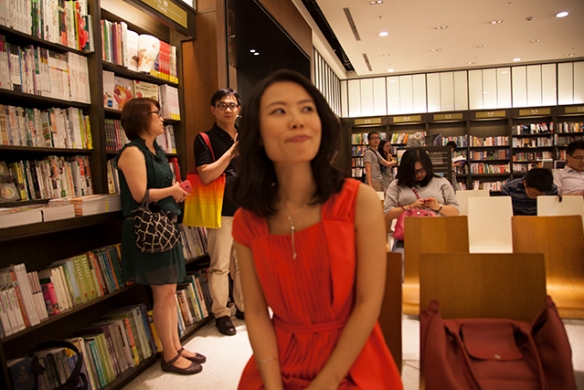
I was discussing Taiwanese expressions that are quite hard to translate today with my coworkers over lunch, and one word they mentioned really stayed with me because it evokes a very comic picture in your mind. The phrase is 「犁田」lê-chhân and is often rendered phonetically into Mandarin as 「雷殘」. It’s original meaning is to plough fields, but it has been extended to mean when people fall off the back of their motorbikes but keep holding on to the handles so that they get dragged behind, like a man driving a plough, although it can be applied to falling off your bike or motorbike in general. It is a jokey term, so only really appropriate for minor scrapes. It is another of these Taiwanese terms that you can use in Mandarin, the equivalent (but without the comic image) is 「摔車」. Drive safe people!
The Ministry of Education’s Taiwanese dictionary provides this example:
伊昨暗車騎無好勢,都犁田矣。I cha-àm chhia khiâ bô hó-sè, tō lê-chhân—ah. (他昨晚車子沒騎好,就摔車了) Last night he wasn’t driving carefully, and fell off his bike.
Feel free to contact me with any cool Taiwanese words or phrases you hear and want featured on the blog.










